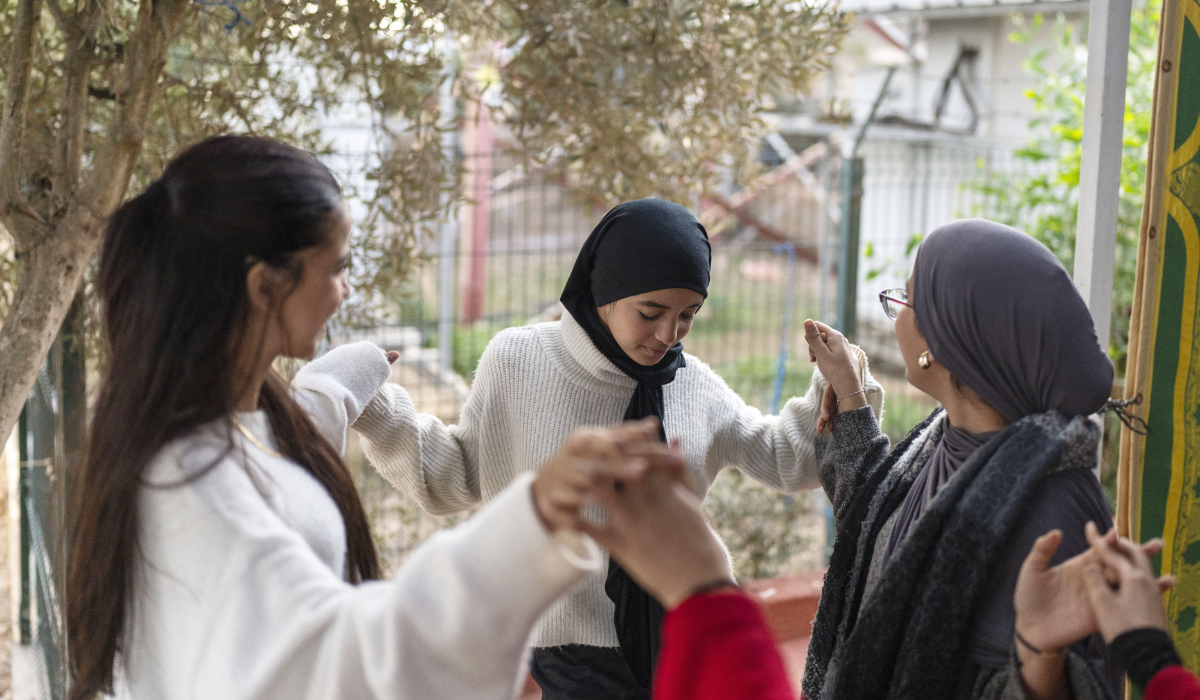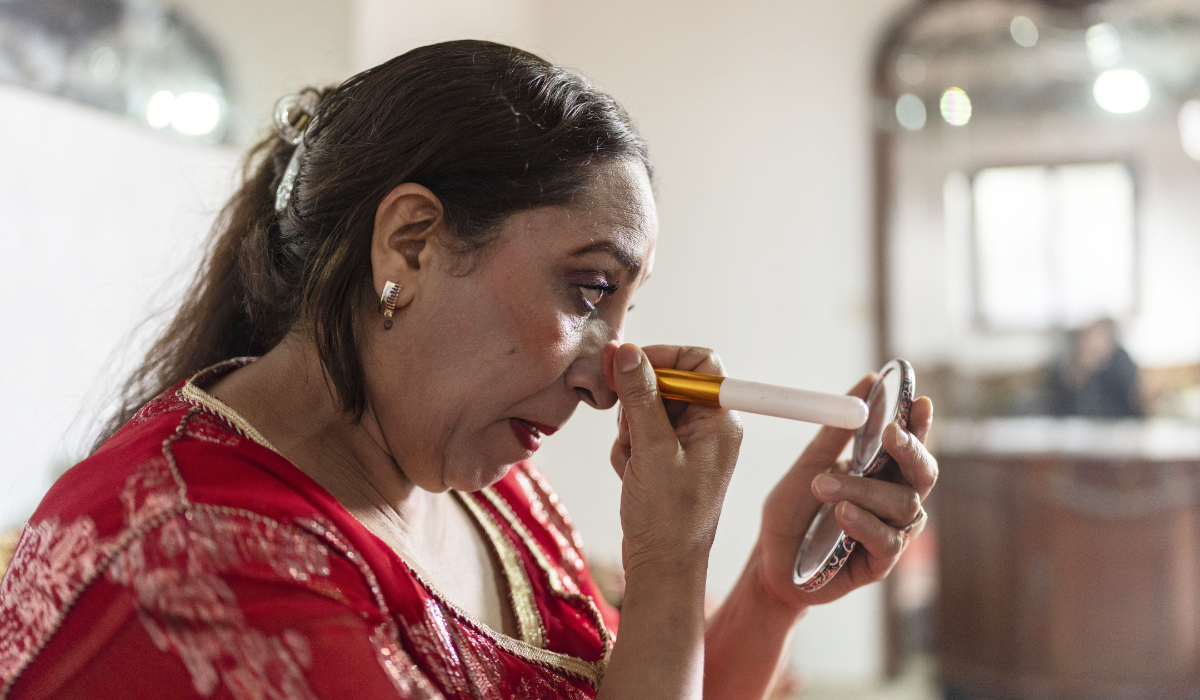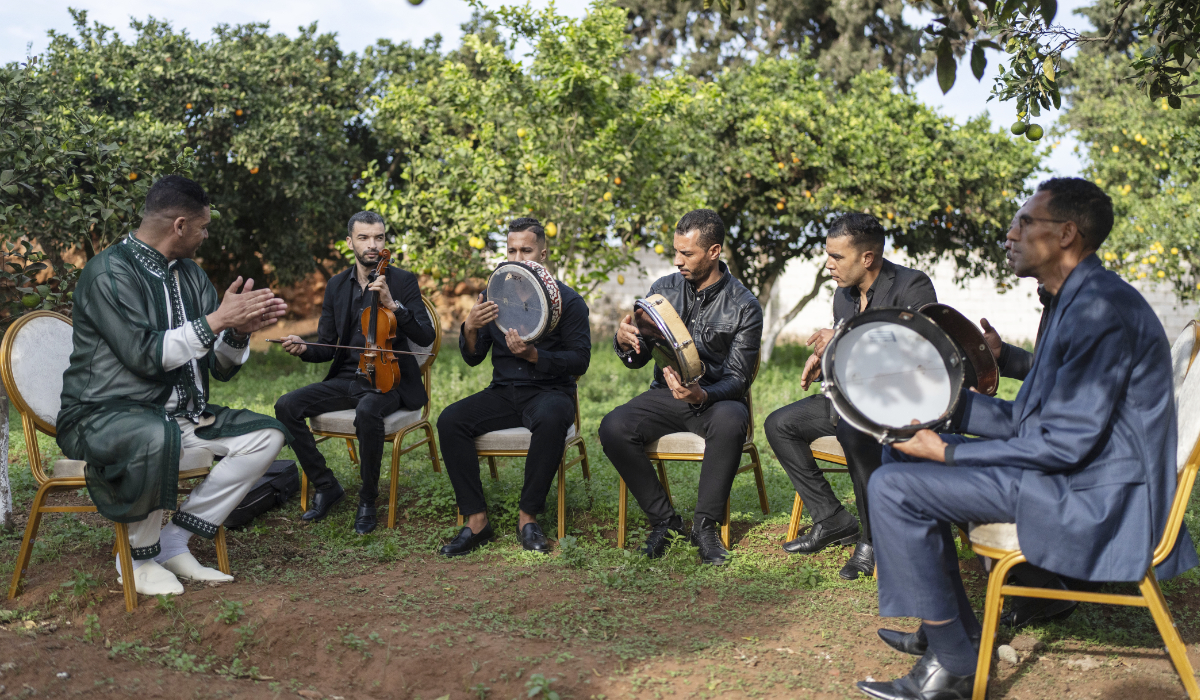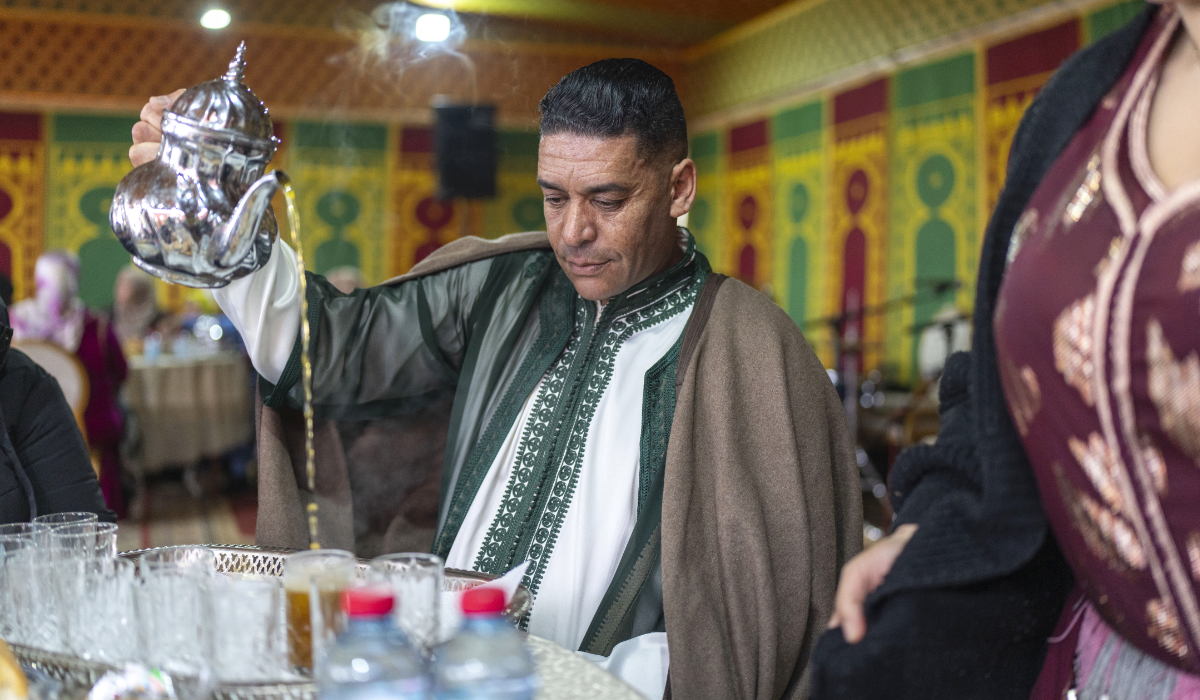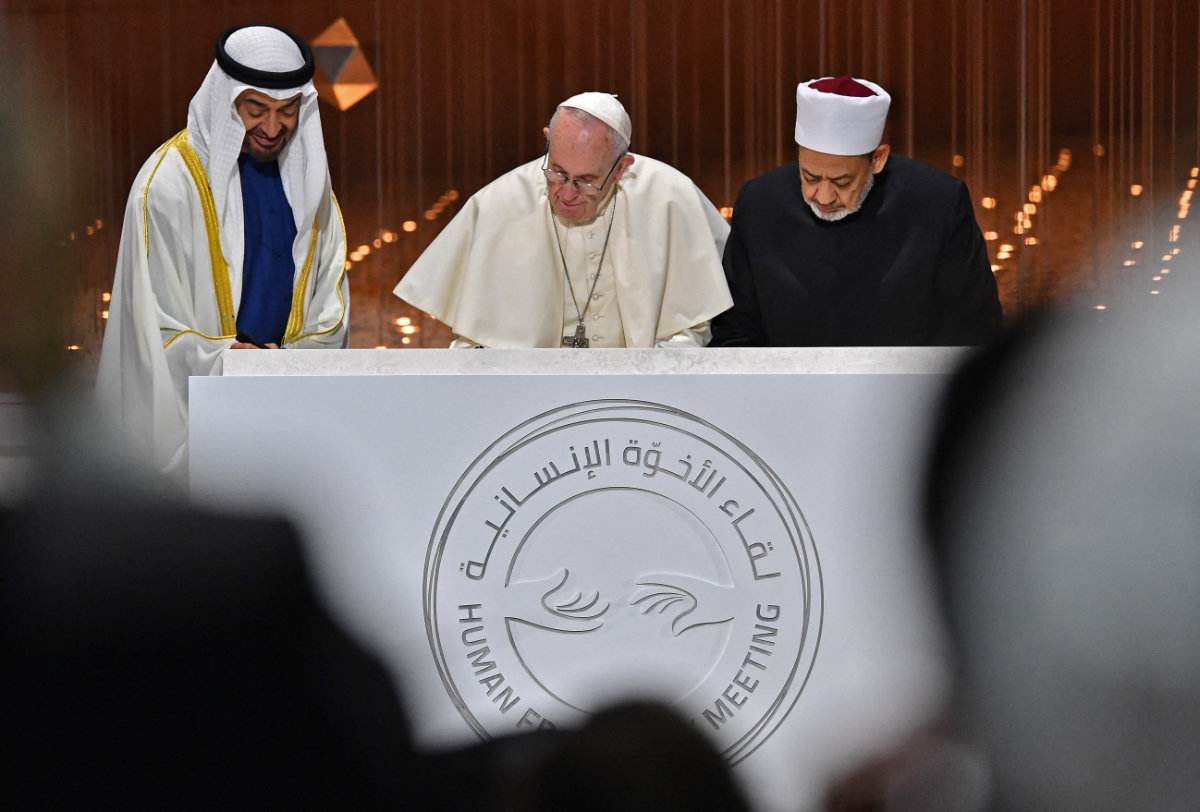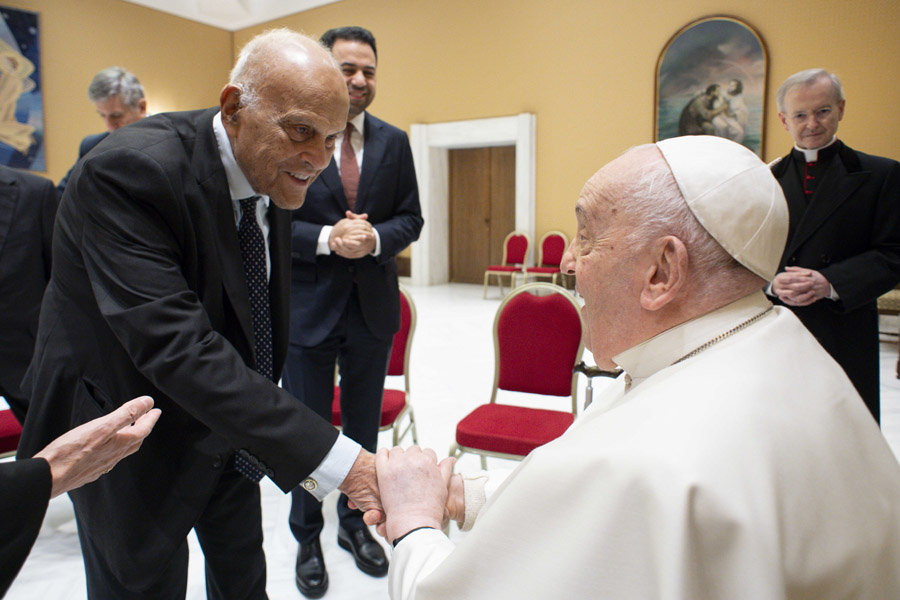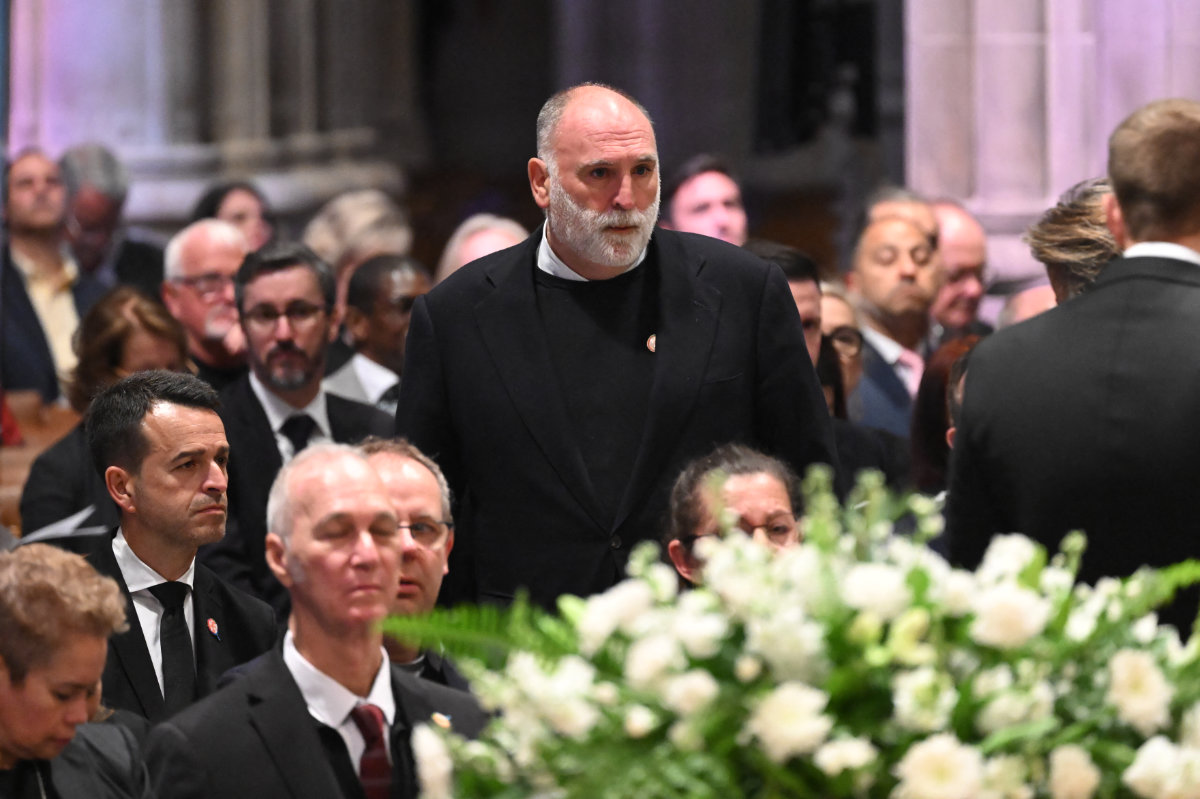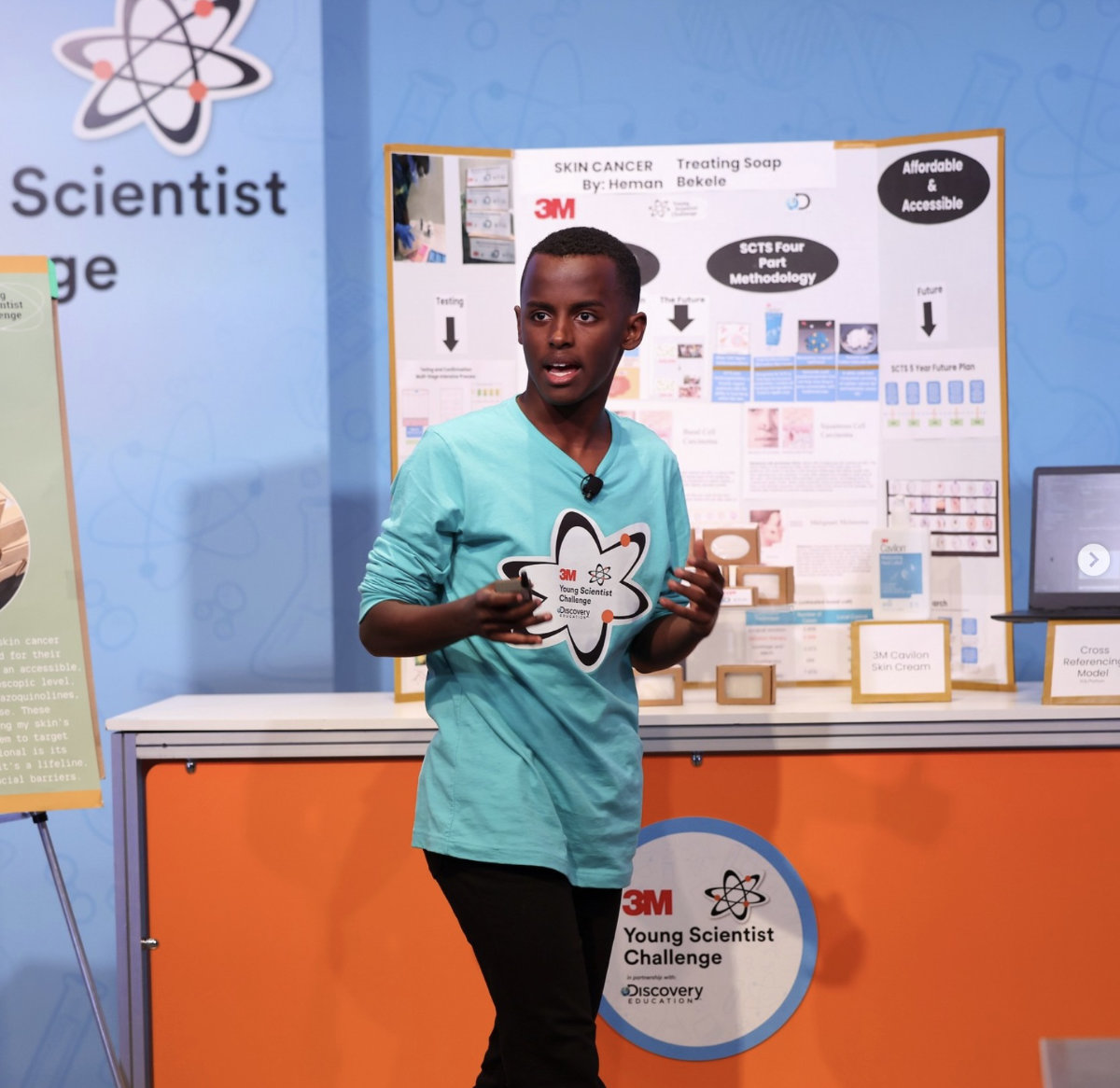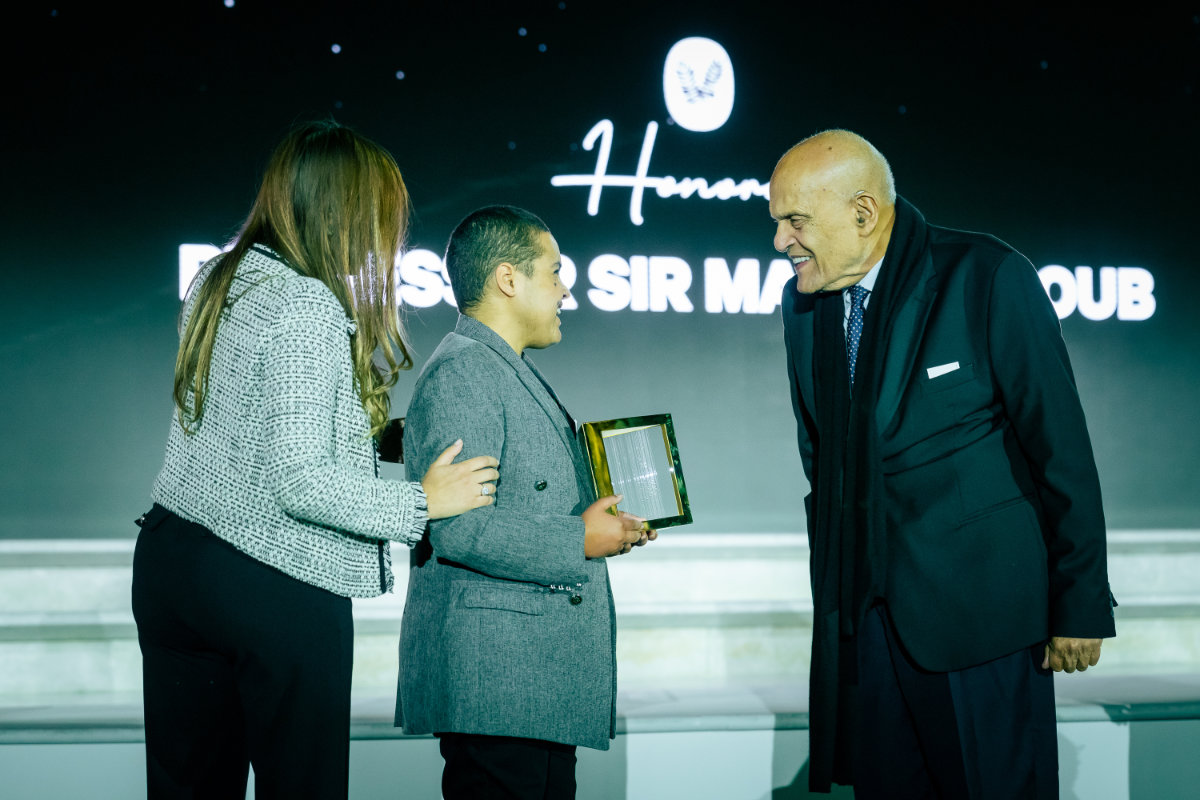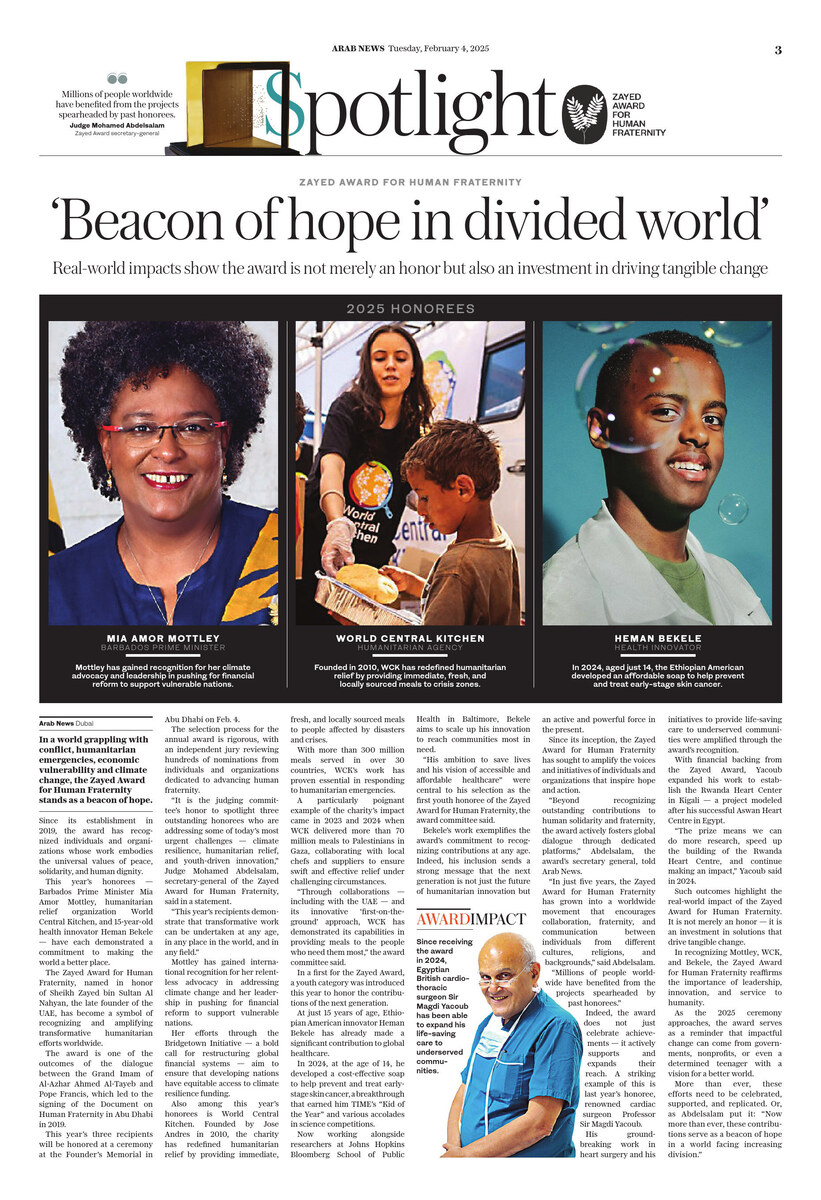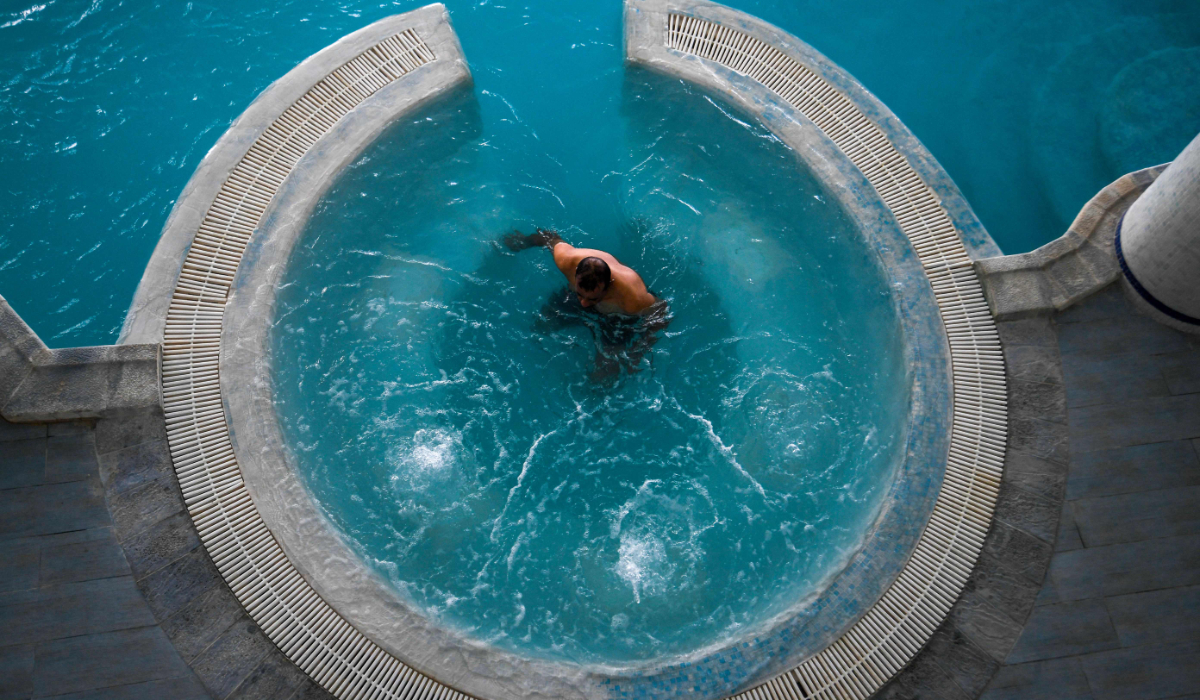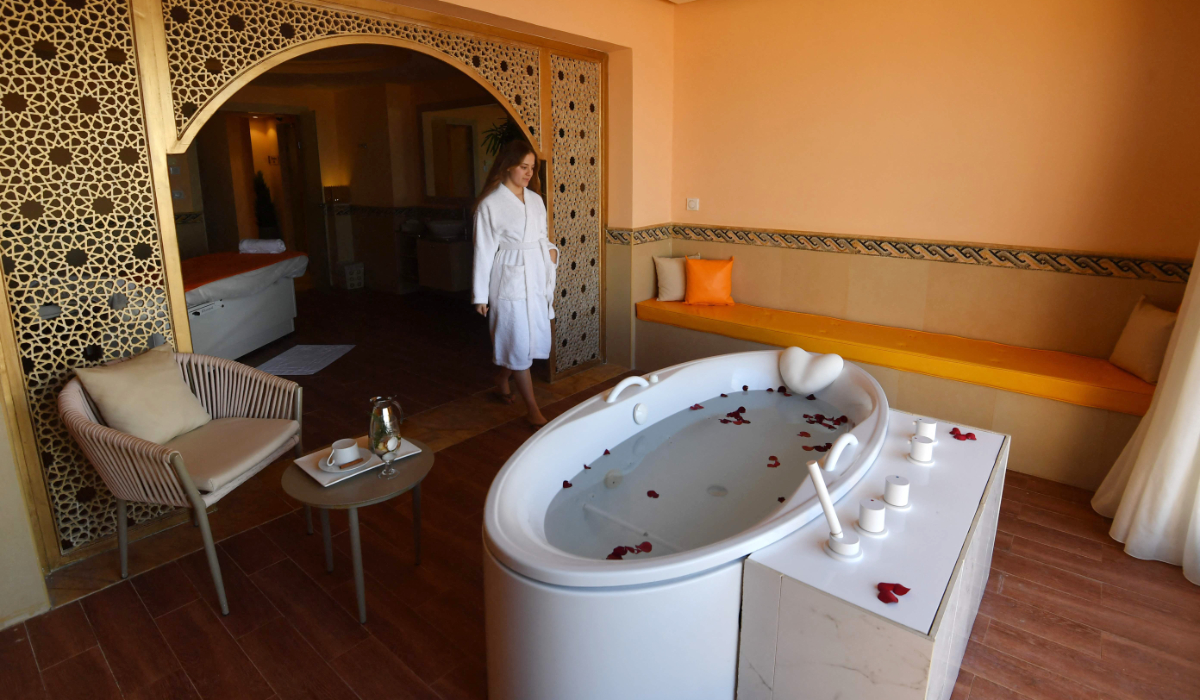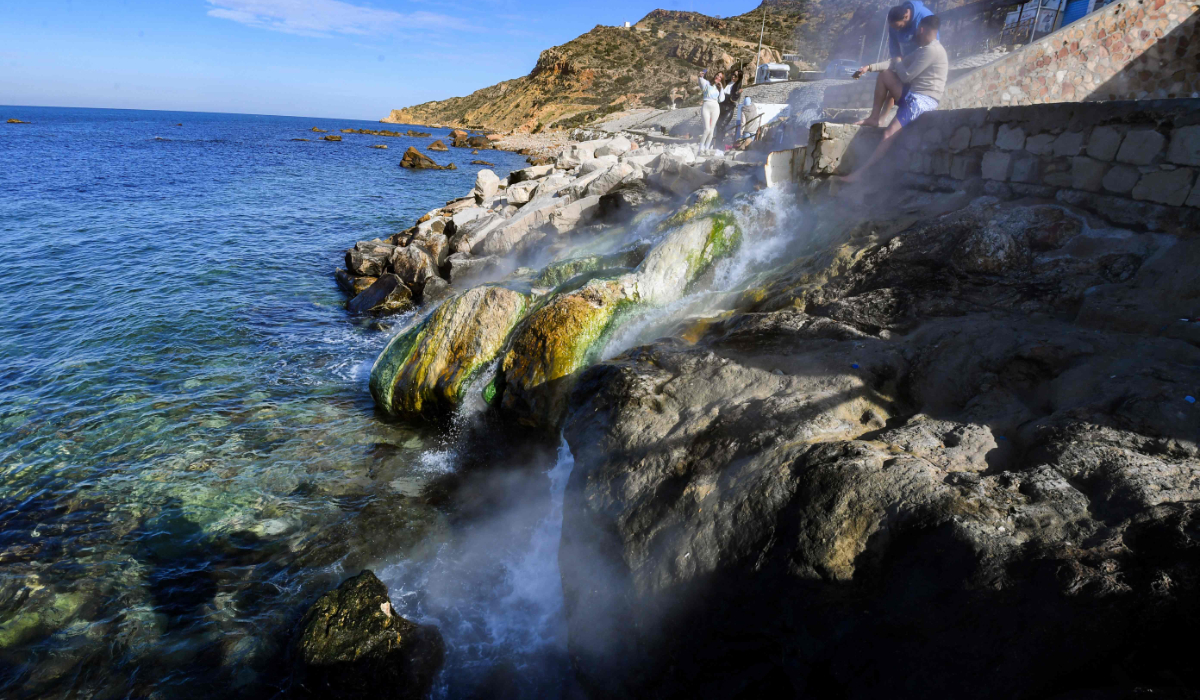Chicago, IL: Donald Trump’s re-election as US president could help bring peace between Palestinians and Israelis, but such progress would require a change in Israel’s leadership, said prominent Israeli analyst Yossi Mekelberg.
Speaking during an appearance on “The Ray Hanania Radio Show” Thursday, Mekelberg argued that while there is “wide-ranging” speculation about what the upcoming US president might do in his second term, the current Israeli administration needs to step down before peace can be achieved.
“In my opinion, Israel needs to change the government, full stop. I mean, for everyone’s sake,” said Mekelberg, who is a senior consulting fellow at the Middle East and North Africa Program at Chatham House.
Mekelberg underscored the relevance of the 2002 Saudi Arabia Peace Plan, which offers normalization with Israel in exchange for a complete withdrawal from occupied territories and a resolution to the Palestinian issue. He described it as “the most viable option to solve the Israeli-Palestinian conflict (in such a way) that both sides are satisfied.
“When we talk about normalization and we think about the UAE or Bahrain or Morocco, it was Saudi Arabia (that was) the first to offer this to put it on the table 22 years ago,” he said.
The Saudi initiative, first proposed at the 2002 Arab League Summit in Beirut and reaffirmed in 2007, has repeatedly been rejected by Israeli Prime Minister Benjamin Netanyahu’s government. The plan offered Israel full normalization with Arab states in exchange for a complete withdrawal from occupied territories, including the Gaza Strip, West Bank, East Jerusalem, and the Golan Heights.
“This has been on the table for more than 22 years. And I think this has always been the right approach,” Mekelberg argued. “We know that there were discussions about normalization over the (past) year or so before October 7th. There is no way in the world, if Israel refuses to make concessions on the Palestinian issues, that normalization will be back on the table.”
Before the outbreak of the Hamas-Israel conflict in October 2023, US-brokered normalization talks between Saudi Arabia and Israel appeared within reach. Netanyahu himself referenced this possibility during his speech at the UN General Assembly in September 2023, claiming the region was on the cusp of a “dramatic breakthrough.” However, the escalation of violence in Gaza first and Lebanon after derailed those efforts.
At the recent Riyadh summit, both Crown Prince Mohammed bin Salman and Saudi Foreign Minister Prince Faisal bin Farhan reiterated that normalization with Israel would not be discussed without significant progress toward establishing a two-state solution. Mekelberg said this stance reflects a broader consensus among Arab leaders that resolving the Palestinian issue is key to achieving lasting peace.
“We saw what happens when the Palestinian issue is not resolved … For some people, when you say that, the interpretation is almost like justifying what happened on October 7th. Obviously not. No one ever can justify something like this,” he noted, adding that conflicts that are left “to fester will catch you in all sorts (of ways) and will lead certain people to do all sorts of things,” leaving leaders to deal with the “fallout.”
This approach “is much worse for Israel than working toward peace in the first place,” Mekelberg said, criticizing the current Israeli narrative that dismisses Palestinian leadership as incapable of negotiation.
Mekelberg acknowledged the widespread criticism of the Palestinian Authority, which was established in the 1990s under the Oslo Accords to govern areas of the West Bank and Gaza. The Fatah-controlled body has been accused of impotence and ineffectiveness, particularly during the current crisis. As a result, Tel Aviv has dismissed the possibility of negotiating with its leaders, raising questions about who could lead Palestinian territories toward a viable peace process.
“Israel needs change on so many levels,” Mekelberg emphasized, highlighting Netanyahu’s extended tenure in power, spanning 15 years almost consecutively and additional terms between 1996 and 1999.
“(He) is longest serving (prime minister), more than David Ben Gurion, who’s founder of the country. He’s a master manipulator. He understands the Israeli political system and psyche in a way that no one knows better than him and he managed to win (the) election. The fact that he, considering what happened only a year ago, is still prime minister, is a complete and colossal failure to defend Israel.”
Netanyahu, who previously served as prime minister from 1996 to 1999 and from 2009 to 2021, returned to office in 2022 despite facing long-standing corruption charges. The indictments, filed in 2019, allege breach of trust, accepting bribes, and fraud. While he relinquished other ministerial roles, he has held onto the premiership, using his coalition with Israel’s most extreme political parties to influence the judicial system and delay his trial.
Critics argue that Netanyahu has exploited Israel’s volatile situation to postpone legal proceedings. This week, the Jerusalem District Court rejected his request for a further delay, and he is scheduled to testify on Dec. 2.
Referring to Netanyahu as a “Teflon politician” to whom no scandal seems to stick, Mekelberg questioned how long he could maintain his position. “And, I will be the first to admit, I don’t always understand what is the appeal.”
Discussing the potential impact of Trump’s re-election, Mekelberg voiced cautious optimism about the former president’s ability to broker peace. He downplayed concerns over Trump’s far-right appointees, noting that if his first term is any indication, “there will be people coming and going in this administration probably within a year.” However, he stressed that Trump’s success would hinge on major changes within Israel’s political landscape.
The Ray Hanania Radio Show is broadcast every Thursday in Michigan on WNZK AM 690 Radio at 5 p.m. on the US Arab Radio Network and is sponsored by Arab News. To listen to the full episode or past shows, visit ArabNews.com/RayRadioShow. To get more information on host Ray Hanania, visit ArabNews.com or his website at RayHanania.com.














